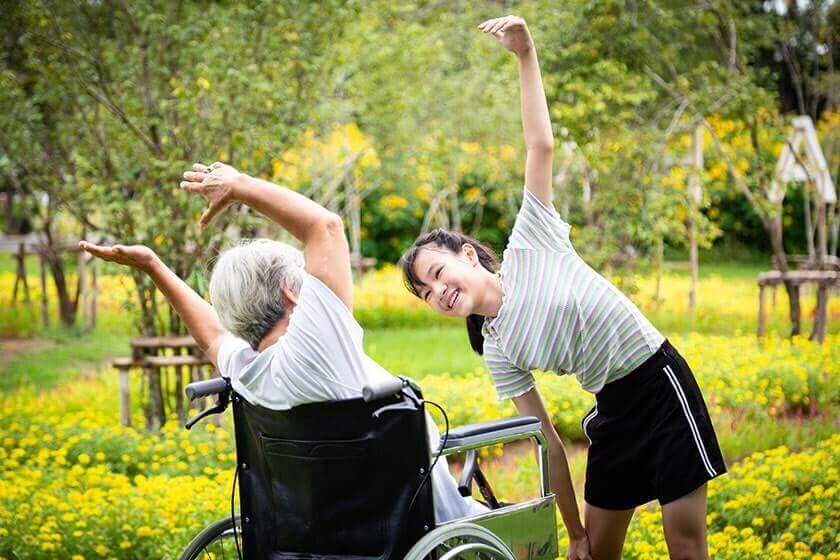Hydration is essential for everyone, but as we age, our bodies change, and so do our hydration needs. Can an elderly person drink too much water? This question is important for seniors and their caregivers to understand the balance between staying hydrated and overhydration.

Understanding Hydration Needs for Seniors
Seniors have different hydration needs compared to younger adults. The ability to sense thirst diminishes with age, making it crucial for caregivers and seniors to be proactive about water intake. However, drinking too much water can lead to hyponatremia, a condition where sodium levels in the blood become too low and can cause serious health issues.
Signs an Elderly Person Might Be Overhydrated
Identifying overhydration is vital. Symptoms include nausea, headache, confusion, and in severe cases, seizures. Monitoring these signs is key to preventing potential complications.
The Role of Health Conditions
Some health conditions common in the elderly, such as kidney diseases and heart failure, may require adjustments in water intake. It’s important to consult with healthcare professionals to determine personalized water consumption guidelines.
The Right Amount of Water Intake
Most seniors should aim for at least eight 8-ounce glasses of water a day. However, this can vary based on individual health needs and lifestyle. For tailored advice, consider consulting with a nutritionist or healthcare provider.
Tips for Maintaining Proper Hydration
Seniors can maintain proper hydration by incorporating fluids throughout the day. Water-rich foods like fruits and soups can contribute to hydration without the risk of overconsumption.
Using a grabber tool can make reaching for items more comfortable, promoting independence while staying hydrated.
When to Seek Medical Advice
If confusion or unusual behavior is observed in seniors, it’s crucial to consult a healthcare provider. A personal alert system can also be a beneficial tool in ensuring safety during emergencies.
Additionally, you can find tips on caring for elderly at home to better understand when and how to seek professional help.
The Importance of a Balanced Diet
Aside from water, a balanced diet plays a significant role in hydration. Include fruits, vegetables, and whole grains to aid in maintaining appropriate hydration levels. Check out products seniors like to complement a healthy lifestyle.

Impact of Medication on Hydration
Some medications can affect hydration levels. Diuretics, for example, increase urine output and may necessitate a higher water intake.
Creating awareness is vital to ensure hydration needs are met. More information can be found through senior care resources online and consulting with health experts.
Monitoring Hydration Levels
Using tools like urine color charts can aid in evaluating hydration status. Light yellow is generally an indication of good hydration.
A lift chair might also assist an elderly person in comfortably managing their hydration routine.
FAQs about Elderly Hydration
Q: How do I know if a senior is drinking too much water?
A: Watch for signs like nausea, confusion, and swelling. Consulting a doctor is advisable if you notice these symptoms.
Q: Can overhydration affect medication absorption?
A: Yes, drinking too much water can dilute medications, reducing their effectiveness. It’s important to follow doctors advice regarding water intake with medications.
Q: How can I encourage my elderly parent to drink more water?
A: Offer water consistently throughout the day, or try flavored water and hydrating foods to make it more appealing.
Keeping these tips in mind and regularly checking hydration levels can help prevent both dehydration and overhydration, ensuring a senior’s health and well-being.
This article contains affiliate links. We may earn a commission at no extra cost to you.

